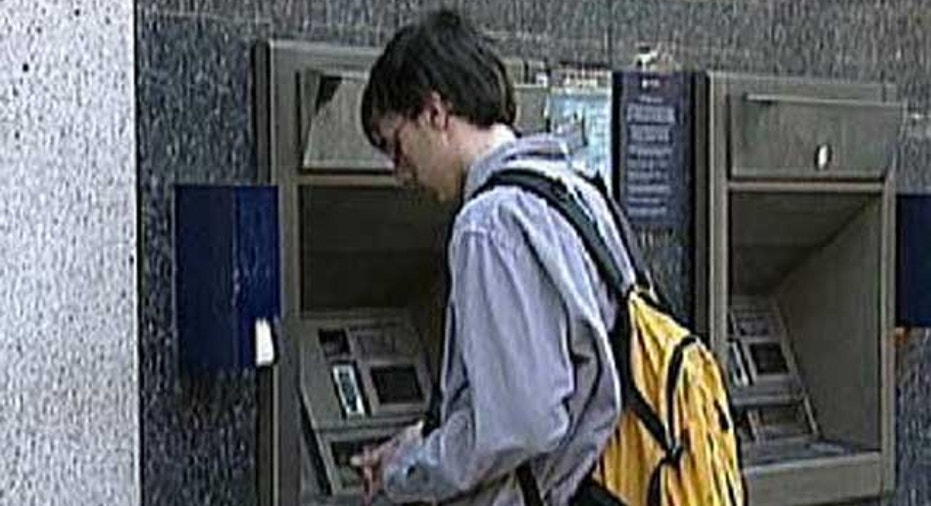Why Millennials Close Out Bank Accounts

Everything is going great in the relationship, or so it seems — until one day, that loyal bank customer closes their account and vanishes without any explanation.
According to a new FICO survey, that’s exactly what’s happening with a lot of millennial banking customers. In fact, the survey found that this demographic is two to three times more likely to close all accounts with their primary bank than people in any other age group.
“The increased volatility in this 25-34 year-old age group can be a costly exercise for incumbent banks, due to the increased marketing and operational costs required to win new customers, especially if they are only replacing the ones that have left,” Joshua Schnoll, FICO’s senior director, said in a press release.
The FICO survey discovered that 45% of these millennials (ages 25–34) and 36% of younger millennials (18–24) are closing their accounts and taking their money to another bank because of fees, whether from ATMs, low balances, or any other type of fee they may get charged.
Why They’re Going
“Banks will need to address millennials’ sensitivities to bank fees and a desire for convenience in order to arrest churn and build loyalty,” Schnoll said.
Beyond that, having a negative experience after missing a payment was the second reason millenials took their banking business elsewhere, followed by inconvenient branch locations and too few ATMs. Younger millennials also noted that having a negative fraud-related experience was another reason that caused them to switch banks.
Methodology
To gather this information, FICO surveyed about 1,000 U.S. consumers (over the age of 17) online in October and November 2015. Data was weighted by age and region to reflect U.S. Census data.
If you are unhappy with your bank, whether because of fees or something else, it never hurts to shop around for a new one. Just make sure that you’re still paying your bills on time while doing so and/or switching, as not doing so can cause you to pay more in the long run via late payment fees and can even hurt your credit. (To find out how your payment history is affecting your credit, you can see two of your credit scores for free, updated each month, on Credit.com.)



















